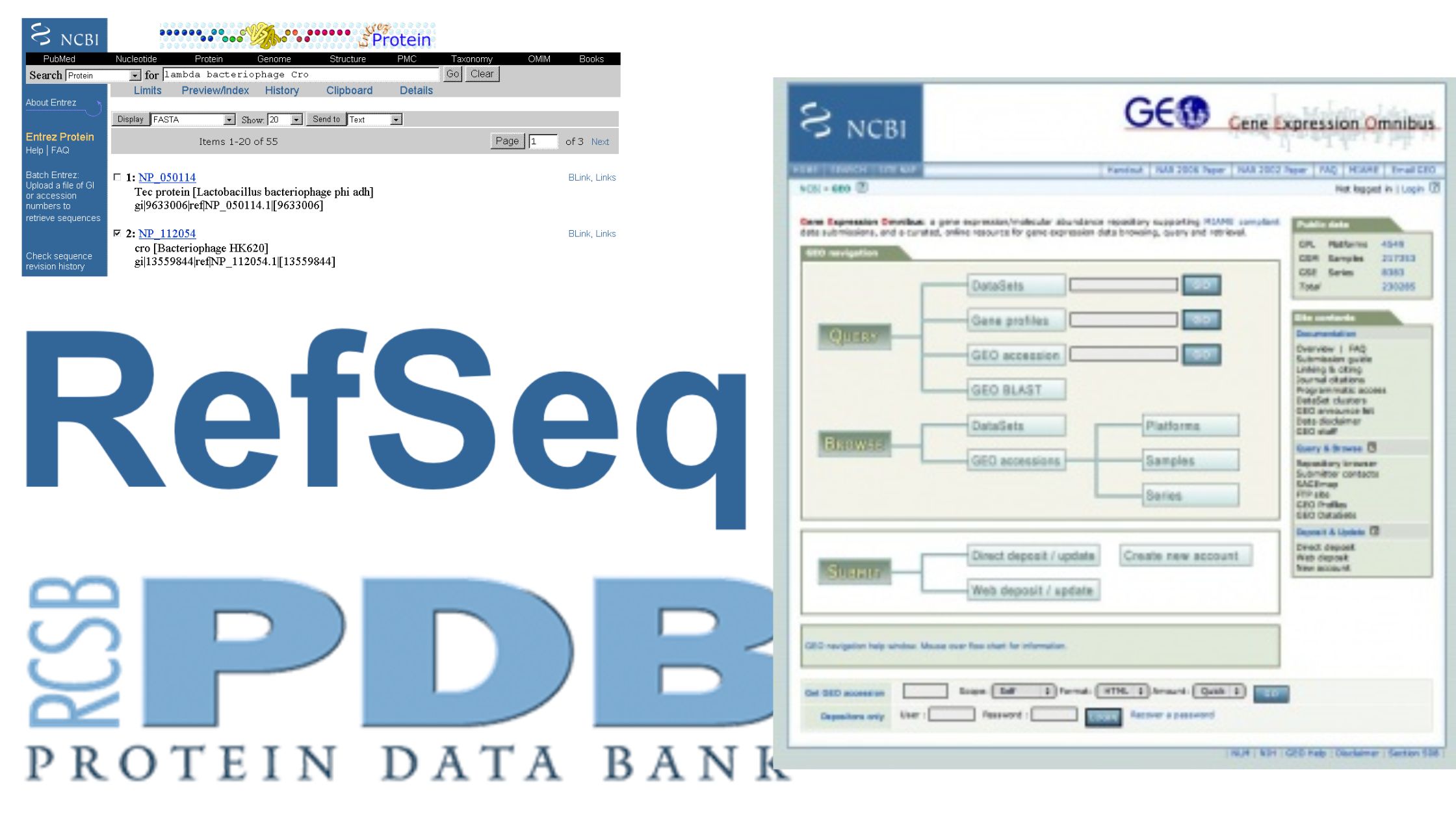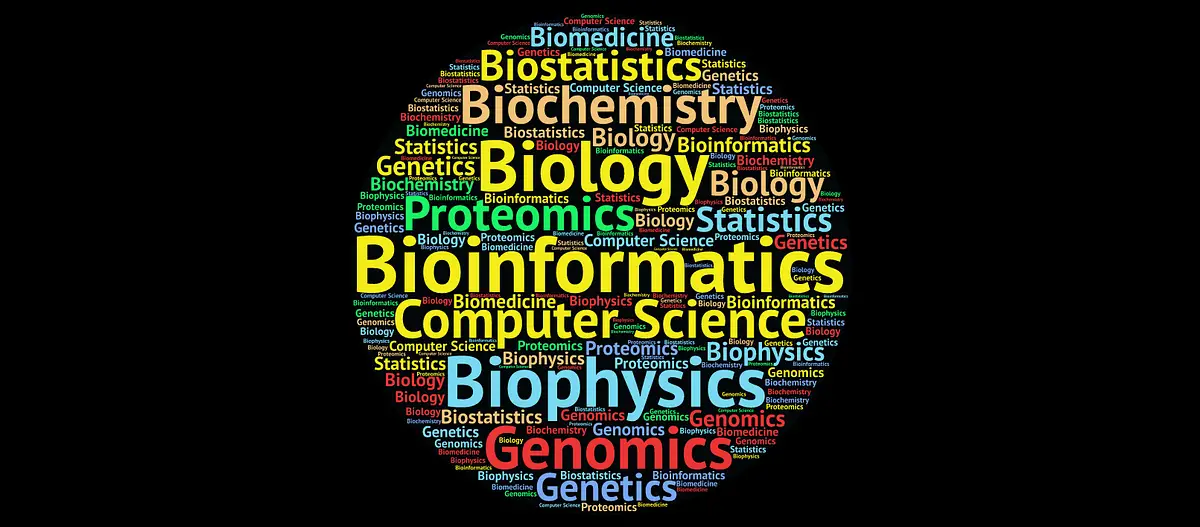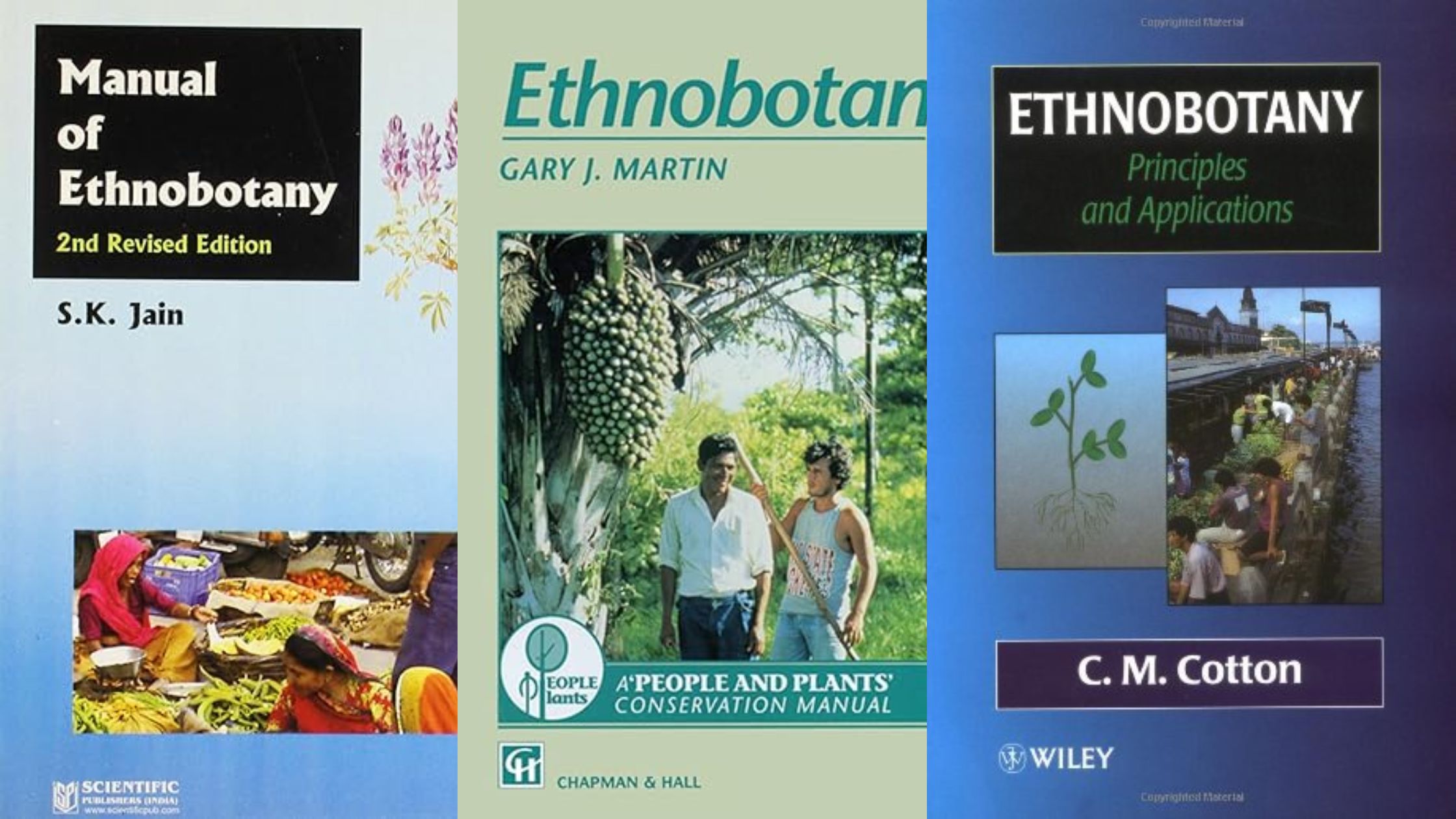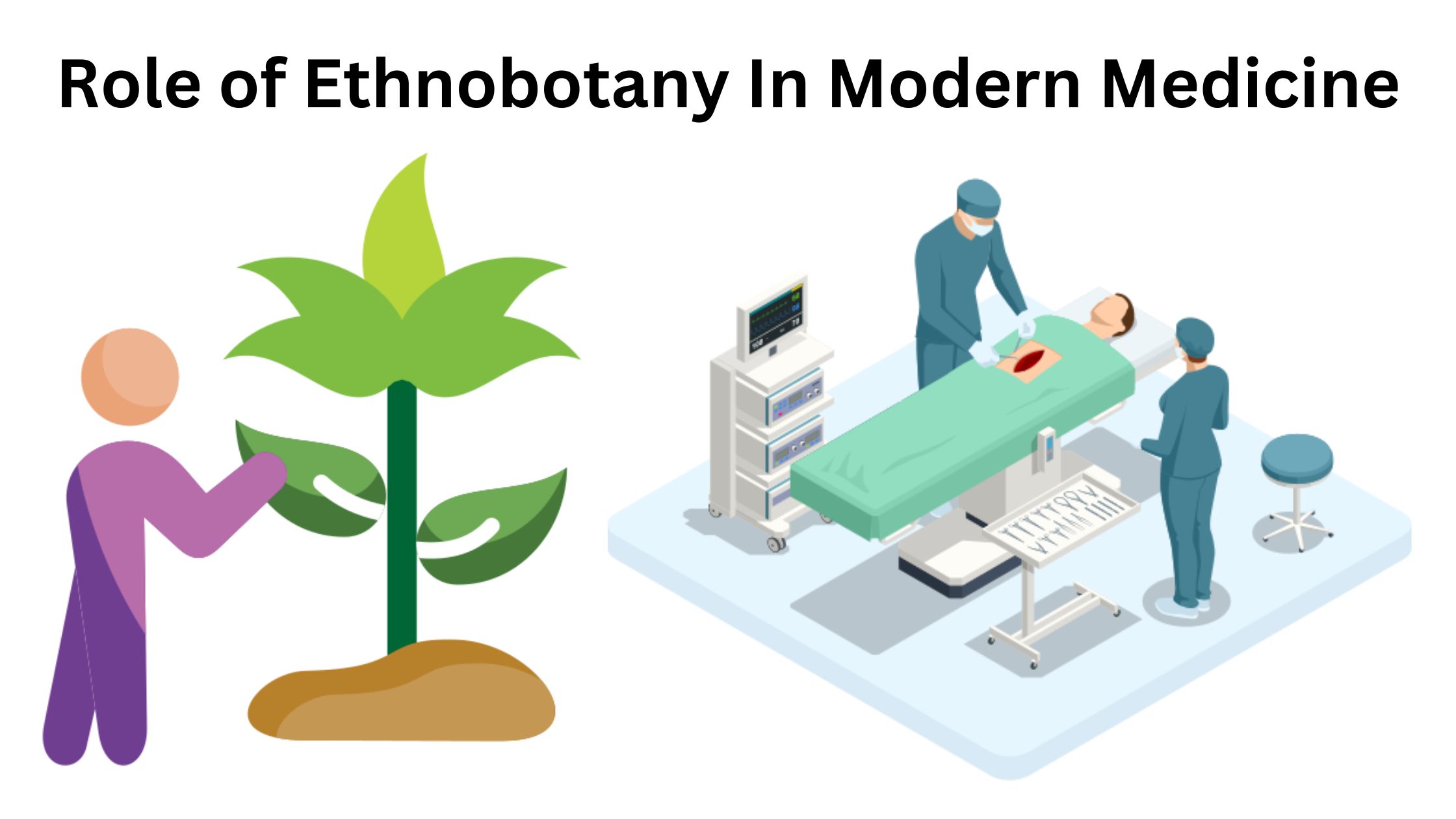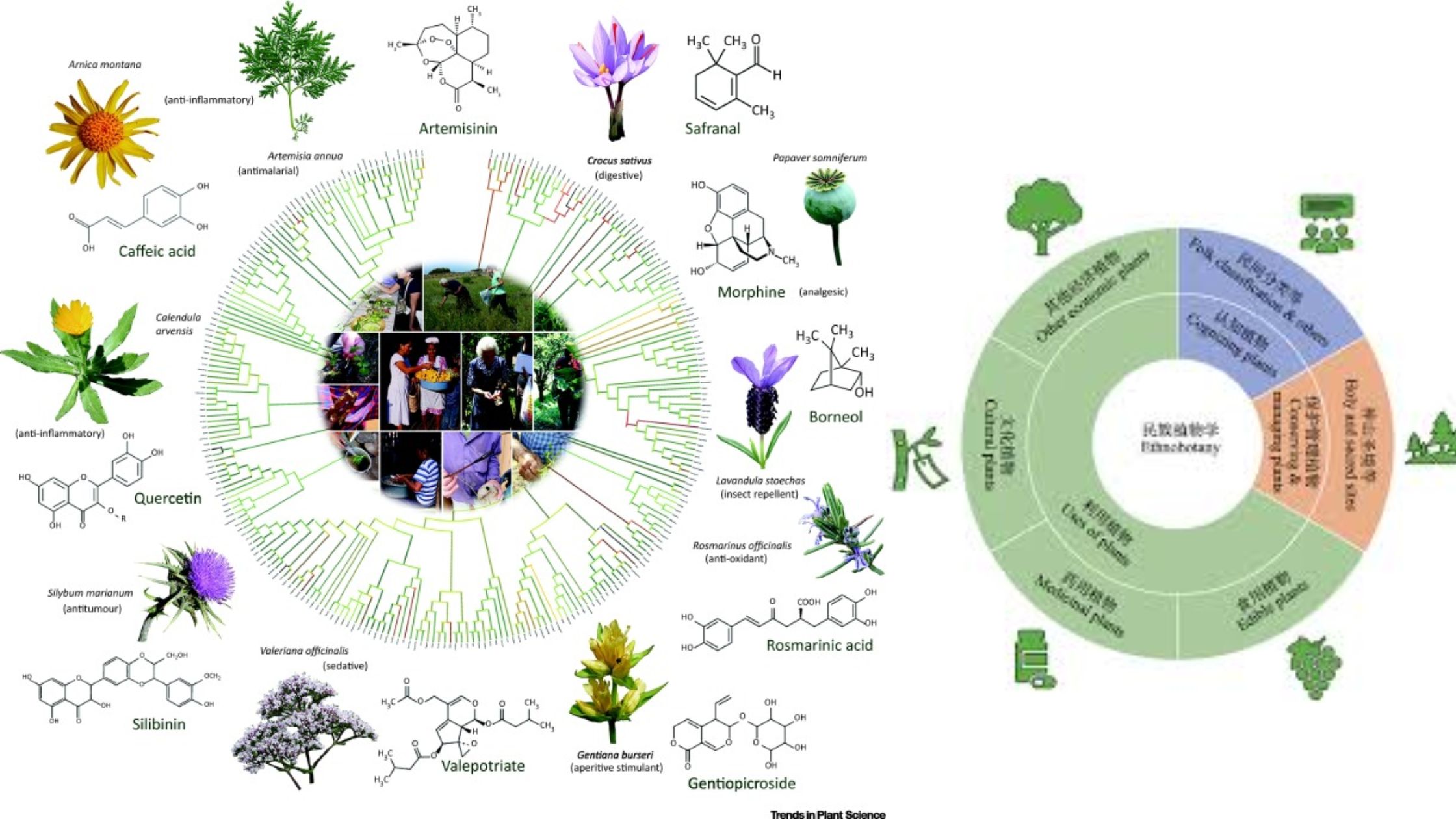What is Protein Information Resource (PIR) Database?
Proteins are fundamental to virtually all biological processes, serving as the building blocks of cells, enzymes catalyzing biochemical reactions, and key regulators of cellular functions. Understanding protein structures, functions, and interactions is essential for advancing biological research, drug development, and medical diagnostics. The sheer complexity and diversity of proteins, however, pose significant challenges for researchers … Read more





